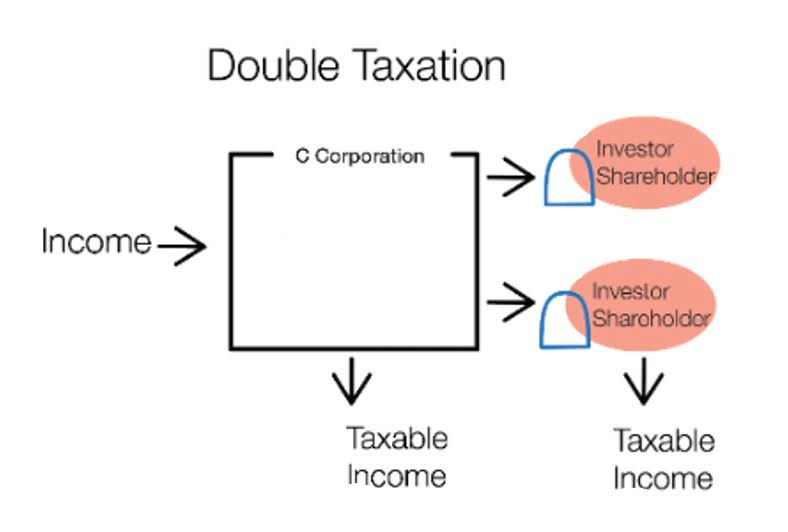
Also called an Income Statement, this details your church’s revenue and expenses over a specific period. It provides a snapshot of your financial performance, showing whether your church is operating at a surplus or deficit during that time. In business accounting, conversely, the primary goal is profitability—tracking income and expenses to maximize profits. Parable’s financial management hit a new level, reducing errors and administrative workload while enhancing financial oversight. This shift empowered their leaders to dedicate more time and resources to the work of growing their reach. Many smaller churches still use cash accounting since income and expenses are recorded when received and paid.
What are the Benefits of Great Church Financial Management?
- Both of these cover what is required of church organizations regarding the church accounting system and tax laws.
- It’s imperative financial professionals understand the current GAAP rules and any changes that happen throughout the years.
- The main disadvantage of single entry bookkeeping is the absenceof financial control due to limited detailed records of asset andliability accounts.
- Sometimes leaders get caught up in what they could do if they only had more money to help them do it.
- We recommend that you contact your CPA for any questions you might have.
- However you choose to handle your bookkeeping, remember you can never keep too thorough of records or be too transparent with your congregants.
The churches are funded through major sources such as member contributions, tithes, offerings, and regular payments from congregation members. These voluntary cash contributions are the primary source of funding for many churches. The entire concept of finances in a ministry setting is simply to empower teams to accomplish the Kingdom-building goals that they’ve set out to do. To quote the classic cliché, in church, money is simply a means to an end, not the end itself. Ministry leaders — especially pastors — shouldn’t be involved in bookkeeping for churches.
How Are Churches Funded?
- That way, when you go to generate accounting reports on your financial activity, it is easy to justify why each fund received the amount of funding that it did.
- This will avoid any confusion and ensure that money is being used as intended.
- It’s the story of your present missional effectiveness and your church’s future potential.
- Tax-exempt status tells people they can trust you because you aren’t looking to get rich off of their contributions.
Every ministry hopes for a healthy, successful future for their church. Of course, they can’t be sure what that will look like, which is why you engage in things like succession planning. For instance, a well-oiled church accounting machine can adapt to (and take advantage of) online donation methods. It can implement current options, like text-to-give and QR codes, and can continue to integrate whatever cutting-edge future giving options develop over time.
Leverage Accounting Software
All of the above software would be an invaluable addition to your church. If you’re still scratching your head about which to choose, follow the links for a trial or tour of what each one can do for your church. Consider the size and mission of your church and the church accounting best practices expertise of your staff. If you have someone well-versed in 501(c)(3) tax laws and church accounting, you could manage with one of the smaller or free software. They will not only protect your church but also relieve the mental burden of juggling the books.

Don’t Skimp On Investing in Accounting
Church leaders, finance committee members, and ministry heads should collaborate to identify funding needs and set realistic financial goals. Utilizing budgeting software tailored for non-profits, such as Aplos or ChurchTrac, can streamline this process by providing tools for tracking income, expenses, and budget variances. Regularly reviewing and adjusting the budget throughout the year ensures that the church remains financially agile and can respond to unexpected changes in income or expenses. Realm offers 30 customizable church- and ministry-specific report templates. You can save predefined church reports in the Realm ministry management software, then customize them and save them for reuse.
Setting Up Your Church’s Accounting System
You also want to create a chart of accounts to track your various assets, liabilities, and equity and consider the financial statements you’ll need to generate. Nevertheless, a strong accounting foundation can ensure that your church has the financial resources and discipline to handle the needs of both new and existing members over time. Smaller churches can use a volunteer or part-time employee with fund accounting experience as a bookkeeper. Bookkeepers oversee your church’s payroll, donation, and expense tracking. From detailed record-keeping and clear budget lines to regular audits and the use of dedicated accounting software, each step helps maintain financial integrity.


